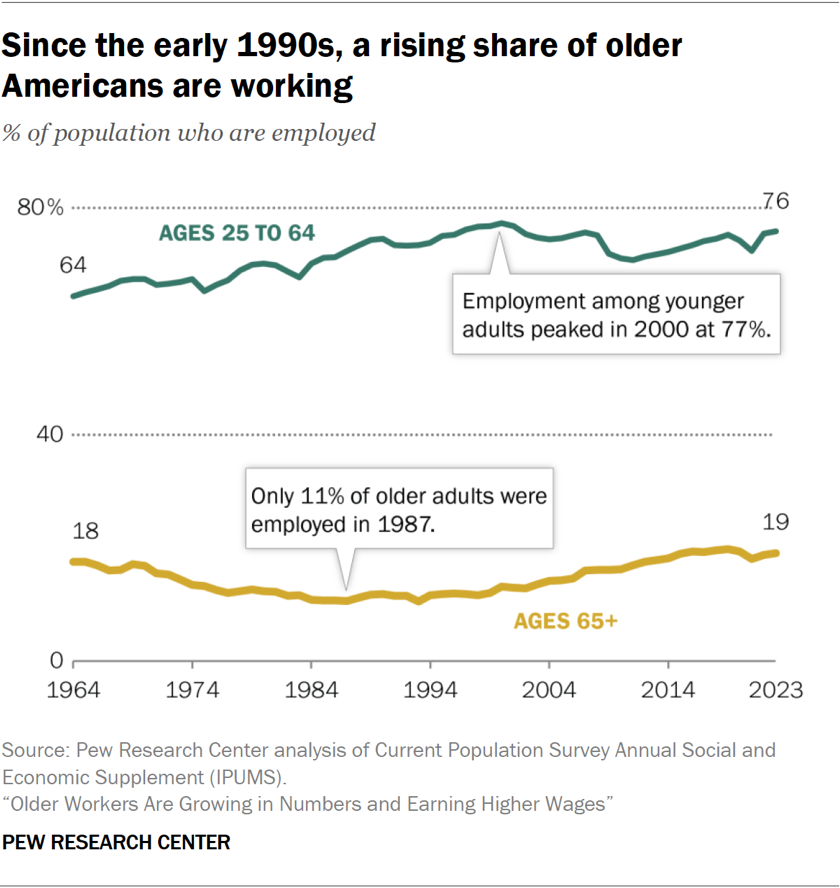World Laughter Day, a global celebration held annually on the first Sunday of May, shines a light on the healing power of laughter and the importance of cultivating happiness. Founded in 1998 by Dr. Madan Kataria, the pioneer of the global Laughter Yoga movement, this day aims to encourage a sense of global unity and friendship through the simple act of laughing.
Genuine laughter has been proven to reduce stress, ease anxiety, and enhance mental and emotional well-being. On this delightful day, let's explore the magic of laughter and learn how to tickle our funny bones.
A Spoonful of Giggles
Laughter is a powerful tool that can lift our spirits, improve our health, and bring joy into our lives. Some of the benefits of laughter include:
- Boosting productivity by creating a positive work environment
- Strengthening the immune system and making us less susceptible to illnesses
- Releasing feel-good hormones and reducing stress levels
- Transforming our minds and bodies, promoting overall well-being
- Cultivating ease in life by helping us release inhibitions and build confidence
- Improving our mood and balancing our emotions
- Strengthening relationships and fostering connections with others
Now that we've explored the benefits of laughter, it's time to add a dash of humor to our lives and reap the rewards of a good chuckle.
Laughter in Different Cultures
Laughter transcends borders and languages, connecting people across diverse cultures. Here are some examples of how laughter is celebrated and enjoyed in different parts of the world:
- Japan: In Japan, laughter therapy, or "warai," is gaining popularity as a way to improve mental and physical health. Laughing clubs and "warai" sessions are becoming more common, helping people relieve stress and promote well-being.
- Africa: In some African cultures, laughter is believed to have spiritual and healing properties. Traditional healers, known as "ngangas" or "sangomas," often incorporate laughter into their healing rituals.
- India: The Laughter Yoga movement, founded by Dr. Madan Kataria, originated in India. Laughter Yoga clubs and sessions can now be found in over 100 countries, bringing the joy of laughter to people worldwide.
By exploring laughter's role in different cultures, we can learn to appreciate its universal appeal and better understand its ability to unite people from all walks of life.
Bringing Humor to Workplace Wellness Sessions
Companies can introduce unique and unconventional wellness sessions to promote laughter and cultivate a happy work environment. Here are some ideas to get you started:
- Improv Comedy Workshops: Encourage employees to let loose and think on their feet with fun improv comedy sessions. These workshops can help develop communication skills, creativity, and quick thinking, all while providing a hearty dose of laughter.
- Laughter Yoga Sessions: Combine the physical benefits of yoga with the healing power of laughter. Guided laughter yoga sessions can help employees release stress, boost their mood, and improve overall well-being.
- Humorous Public Speaking Training: Help employees conquer their fear of public speaking by adding a touch of humor. Train them to incorporate jokes and humorous stories into their presentations, making it enjoyable for both the speaker and the audience.
- Meme Competitions: Organize a lighthearted meme competition where employees can create and share hilarious memes related to their work or industry. This can be a fun way to encourage creativity and laughter in the office.
- Stand-up Comedy Lunch Breaks: Invite local comedians to perform during lunch breaks, giving employees a chance to relax and laugh together. This can help build camaraderie and foster a sense of community within the company.
Quirky Ways to Bring Laughter into Your Life
To help you harness the power of laughter, here are some fun and quirky ideas that will have you grinning in no time:
- Create a laughter jar: Fill a jar with jokes, puns, or funny memories. Whenever you need a quick pick-me-up, pull out a slip and enjoy a good laugh.
- Host a comedy movie marathon: Invite friends or family over for a night filled with your favorite comedy films. Laughter is contagious, and sharing it with loved ones can make it even more enjoyable.
- Start a laughter journal: Each day, jot down something that made you laugh or smile. This will help you focus on the positive aspects of life and make it easier to find humor in everyday situations.
- Try laughter meditation: Combine the power of laughter with the mindfulness of meditation. Close your eyes, take deep breaths, and allow yourself to laugh freely without any specific reason.
Embracing Laughter with a Balanced Perspective
While laughter offers numerous benefits and can help us lead happier, healthier lives, it's essential to recognize its limitations. Laughter can provide temporary relief, but lasting healing and wellness come from seeking inner peace and truth. By combining laughter with mindfulness, self-awareness, and personal growth, we can pave the way for long-term happiness and well-being.
A World United by Laughter
As we celebrate World Laughter Day, let's remember the powerful impact of laughter on our lives and strive to cultivate happiness within ourselves and those around us. By embracing the joy of laughter and incorporating it into our daily lives, we can create a happier, more united world – one giggle at a time. So go ahead, laugh out loud, and share the gift of laughter with the world!








.jpeg)


.jpg)




